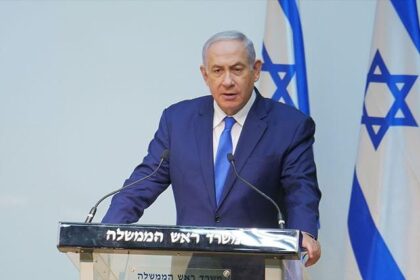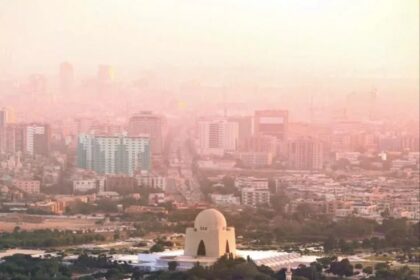A two-week-long escalation between Pakistan and India has ended with both sides agreeing to a complete ceasefire — a major diplomatic victory that averted what could have been a catastrophic atomic conflict in South Asia. The President of the United States shared the news on social media, stating:
“After a long night of talks mediated by the United States, I am pleased to announce that India and Pakistan have agreed to a full and immediate ceasefire. Congratulations to both countries on using common sense and great intelligence.”
While this moment calls for cautious celebration, we must not lose sight of the root cause behind this near-crisis: water.
A War Over Water
Tensions flared when Indian Prime Minister Narendra Modi announced plans to further restrict Pakistan’s water supply by constructing dams on the Indus River system. India has already exercised considerable control over natural water flows through the Indus Waters Treaty, and now appears determined to obstruct the remaining rivers vital to Pakistan’s survival.
This is not just a political issue — it is an existential one. In Karachi and other coastal regions, increasing water salinity is already damaging fertile land and threatening livelihoods. Reduced freshwater flow allows seawater to seep inland, endangering agriculture, drinking water supplies, and ecological balance.
President Trump, a student of history, surely recognises that ancient conflicts across the subcontinent were often sparked by water disputes. Water sustains all life — individual, communal, and national. A war over water is not surprising; what is surprising is our delay in recognising its inevitability.
The Shadow of Atomic War
As the leader of a country that once used atomic weapons, President Trump is undoubtedly aware of the irreversible horrors they inflict — not just on earth, but on the conscience of humanity. While the devastation wrought by the atomic bomb is still studied and mourned, the brutalities of conventional warfare, such as those committed by the Japanese Royal Army, also remind us of the high cost of unchecked aggression.
This ceasefire is welcome, but fragile. It must be followed by concrete commitments — not just to peace, but to the protection of our natural rights, especially the uninterrupted flow of water.
In this time of heightened tensions, I salute the Commander-in-Chief of Pakistan’s Armed Forces. Despite having full authority and capability to retaliate with force, he demonstrated restraint and discipline. Our military response was defensive, even as Indian strikes claimed the lives of innocent civilians.
But let this not be a temporary truce. Let it be the beginning of a deeper reckoning within our own borders.
India has historically tested Pakistan’s defences during times of internal instability. Though we proudly mark 78 years of independence, our political maturity still lags behind. Leaders, even while invoking Islam, have sought to weaken the very institution — the Army — that protects this nation. Such contradictions must be addressed.
It is time to think beyond traditional politics. I propose the creation of a new political force — a party composed of individuals who have proven themselves in service to the nation. These patriots can be found in every province — in Balochistan, Sindh, Punjab, and Khyber Pakhtunkhwa. Bring them into our assemblies, and we may finally enter a golden era of true democracy.
For too long, democracy in Pakistan has been reduced to a business model. Money buys seats, ministries are treated like investments, and governance becomes transactional. This must end.
To the Commander-in-Chief, I say: become the builder — or rather, the rebuilder — of Pakistan. Be the gardener of this nation, once known as the land of gardens.
To President Trump, the Saudi Crown Prince, and the Turkish President: thank you for your role in restoring peace. Now, help us preserve it. Ensure that water, gifted to us by God, flows freely once again — for our people, our trees, and our animals are thirsty.
Pakistan Zindabad.
















